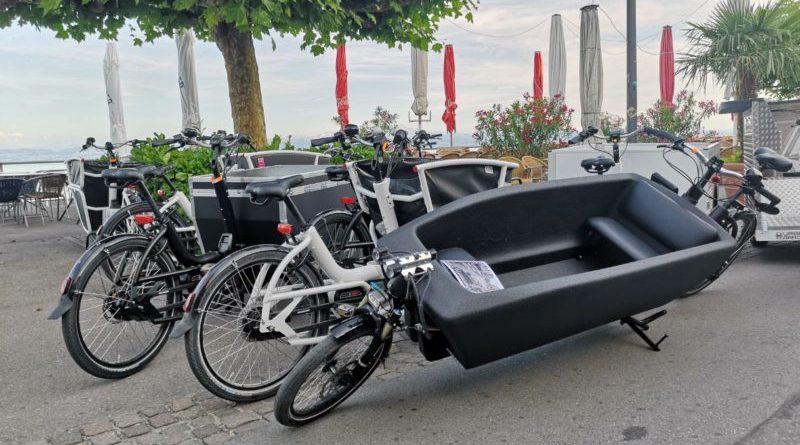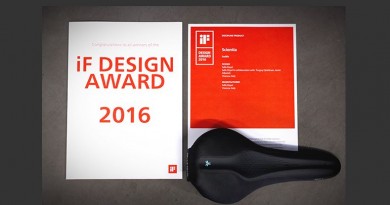European Commission concedes legislation for light electric vehicles due revision
The European Commission has acknowledged that the Machinery Directive, in place to ensure a common safety level for machinery placed on the European market, is not necessarily suitable for light electric vehicles.
Coming in quick succession to the Transport Research Laboratory’s recommendations to separate electrically assisted pedal cycles (EPACS) from type approval rules, the acknowledgment weighs further on the need to create new and tailored frameworks for the evolving mobility segment.
EU campaign org LEVA-EU, which believes the current framework to be holding back the potential of segments such as e-Cargo, welcomed the acknowledgment by the EC and is now calling for new legislation to be drafted without delay, unlocking the perceived potential of light mobility forms.
LEVA-EU manager Annick Roetynck said: “From the day the association was established, LEVA-EU has argued that both the Machinery Directive and Regulation 168/2013 are ill-adapted and inaccurate for light, electric vehicles. TRL has clearly taken on board LEVA-EU’s arguments, which were submitted as proposals to the study.
“It seems to us that, given the urgency of the climate crisis, no further time should be wasted in removing legal bottlenecks to unlock the market potential of light electric vehicles.”
LEVA-EU had previously proposed that LEVs up to 50 km/h should be taken out of both Regulation 168/2013 and the Machinery Directive. Instead, it proposed, the EU should develop a new horizontal Vehicle Regulation, which could be complemented with harmonised standards and, if necessary, for certain vehicles even type-approval.
There is a slight concern among EU cycling orgs that a shake up of the legislation could present risks if not properly managed and at a time when the electric bike has come to the rescue of what was, pre-Covid, an ailing bike business. It is urged that, whatever changes are now made to regulations covering electric vehicles, that the e-Bike’s legislative status continues to remain aligned with that of a bicycle.
As it stands, electric bikes capable of up to 25km/h and 250W are excluded from type-approval, instead falling under the machinery directive, as are e-Scooters.
Meanwhile, speed pedelecs and electric cargo bikes above 250W of power are type-approved. Selling at breakneck speed, the electric cargo segment is widely believed to have high potential to revolutionise logistics, but many argue that the legislation governing the build standards could be improved to unlock further potential.
Among the recommendations of the study, TRL proposed the creation of a dedicated regulatory framework for PMDs separate from Regulation 168/2013 and the Machinery Directive.
It also suggested aligning road circulation regulations for new types of PMD with existing national pedal cycle regulations and regulating maximum speed at an appropriate level for safety and infrastructure (25 or 30km/h).
The study also said that, if it was necessary to regulate maximum motor power, then this should be done at a level that did not discourage the development of new vehicle configurations (1,000W). It said any fresh proposals should “ensure that regulations do not stifle the development of the cargo bike industry”.
LEVA’s Roetynck said questions remained over how the Commission would follow-up on its conclusion and said LEVA-EU’s proposal for a dedicated new category of Zero Tailpipe Emission Vehicles (ZEVs) was the only fundamental solution.
She added: “The study is not completed yet and the Commission concluded that if they were to go ahead with a review, that work would not be initiated before the second half of next year. LEVA-EU will continue to ask the Commission about this timing, as we believe the current arrangements are damaging LEV businesses.”



